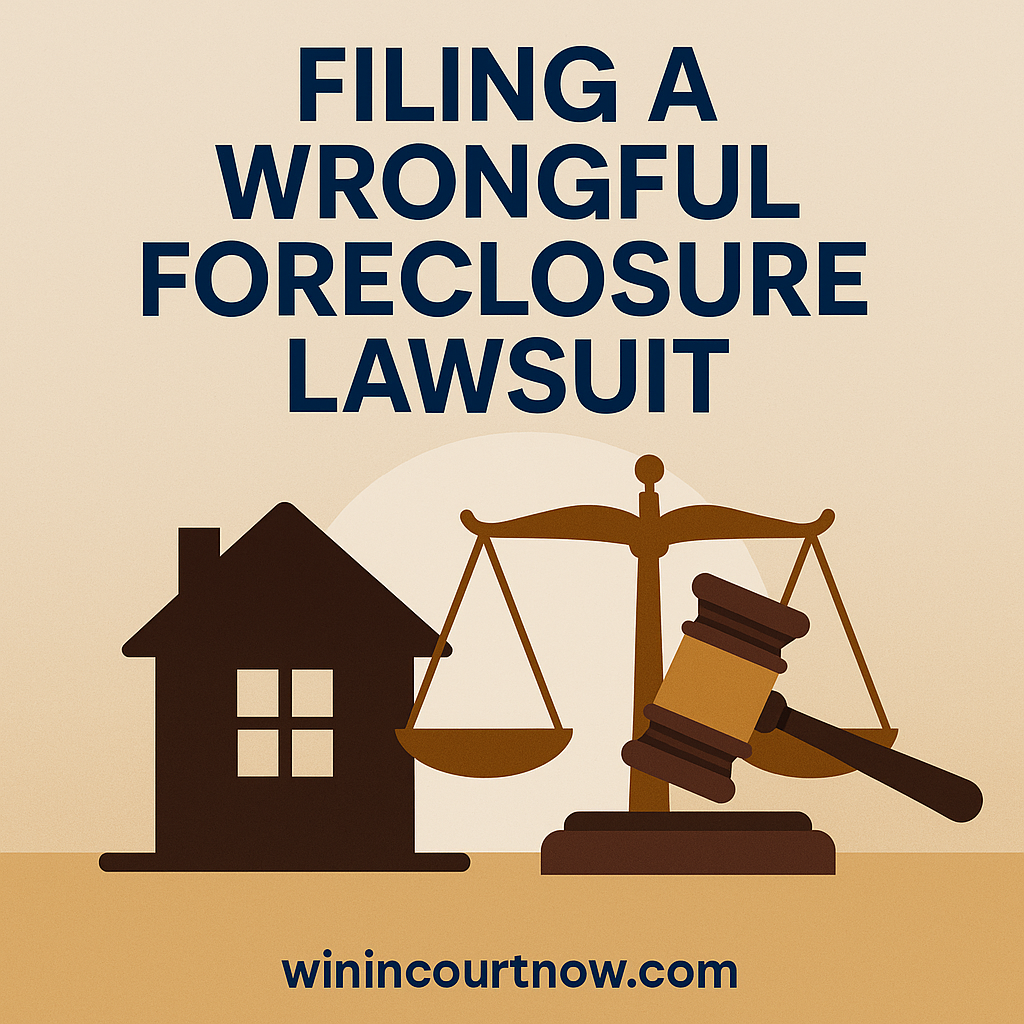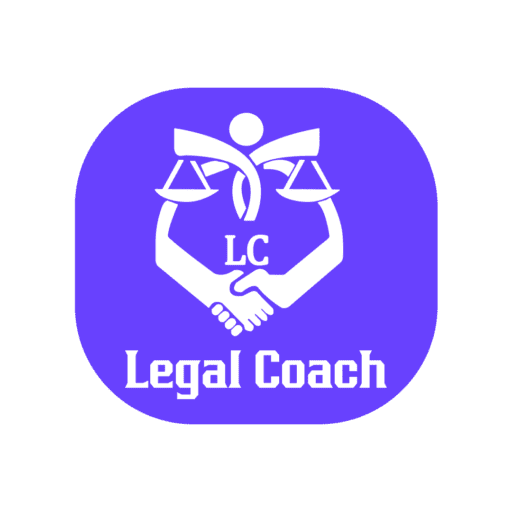Currently Empty: $0.00

When facing a legal issue like filing a wrongful foreclosure lawsuit, many people assume they need to hire an attorney. However, understanding how to wrongful foreclosure lawsuit can empower you to navigate the legal system yourself. This comprehensive guide explains what filing a wrongful foreclosure lawsuit entails, outlines the legal framework, and provides step-by-step instructions on representing yourself effectively. Whether you’re looking to save money or maintain control over your case, learning to wrongful foreclosure lawsuit can make a significant difference in the outcome.
Understanding the Legal Framework
Before attempting to wrongful foreclosure lawsuit, you need a solid grasp of the underlying law and court procedures. Research the statutes and regulations relevant to filing a wrongful foreclosure lawsuit. This might include state-specific laws, procedural rules, and constitutional protections. Consult official websites, law libraries, or reputable legal guides to identify the elements the opposing party must prove. If you’re defending yourself, understanding the burden of proof and available defenses is essential.
Familiarize yourself with filing requirements, deadlines, and court etiquette. Each jurisdiction may have unique forms or procedural quirks, so checking your local court’s website is crucial. If you miss a deadline or file an incorrect document, your case could be dismissed. Organize a legal binder with tabs for pleadings, motions, exhibits, and correspondence to stay on top of the paperwork.
Steps to Take When Handling Filing a Wrongful Foreclosure Lawsuit
- Assess your situation: Determine the facts and your legal position. Write a timeline of events and collect all relevant documents.
- Research applicable law: Use legal encyclopedias, online law libraries, and court rules to understand the issues. Look up cases similar to yours to see how courts have ruled.
- File the necessary paperwork: Prepare and file complaints, answers, motions, or other required documents. Proofread carefully and follow formatting rules.
- Gather evidence: Collect physical evidence, witness statements, photographs, or expert reports that support your position. Proper evidence can be critical when you wrongful foreclosure lawsuit.
- Prepare for court hearings: Practice your oral arguments, anticipate objections, and prepare questions for witnesses. Knowing how to present evidence and cross-examine effectively can sway the judge or jury in your favor.
Negotiation and Settlement Options
Even if you plan to wrongful foreclosure lawsuit, you should explore negotiation or settlement opportunities. Many cases are resolved through mediation or negotiated agreements, saving time and court costs. Reach out to the opposing party or their attorney to discuss possible resolutions. When negotiating, remain professional, provide factual support for your position, and consider proposing alternatives like payment plans or reduced penalties.
Courtroom Etiquette and Presentation
When your case goes to court, presentation matters. Dress appropriately, arrive early, and address the judge as “Your Honor.” Keep your tone respectful and avoid interrupting others. When you wrongful foreclosure lawsuit, the judge expects you to follow the same rules as attorneys. Bring copies of documents for the court and opposing party, and organize your notes for easy reference. If you’re unfamiliar with courtroom procedures, observe a few hearings in advance to understand the process.
Conclusion
Learning how to wrongful foreclosure lawsuit takes effort, but it can yield substantial benefits. By understanding the law, preparing thoroughly, and presenting your case confidently, you increase your chances of a favorable outcome. Whether you ultimately win or resolve the matter through negotiation, taking ownership of your case empowers you and deepens your understanding of the legal system.
Frequently Asked Questions
Q: Do I need a lawyer to wrongful foreclosure lawsuit?
A: No. Many people successfully represent themselves, but you should evaluate the complexity of your case and seek limited‑scope advice if needed.
Q: How long does the process take?
A: It depends on your jurisdiction and the specifics of your case. Some cases resolve quickly, while others can take months or years.
Q: Can I consult a lawyer for part of the case?
A: Yes. Consider hiring an attorney for specific tasks like drafting motions or providing advice on strategy while you handle other aspects.
Resources and Further Reading
- Self‑help legal packages — Win In Court Now – Self‑Help Legal Packages
- Our blog — Win In Court Now – Blog
- Consumer Financial Protection Bureau: Mortgages and Foreclosure
- Nolo’s Wrongful Foreclosure Guide


